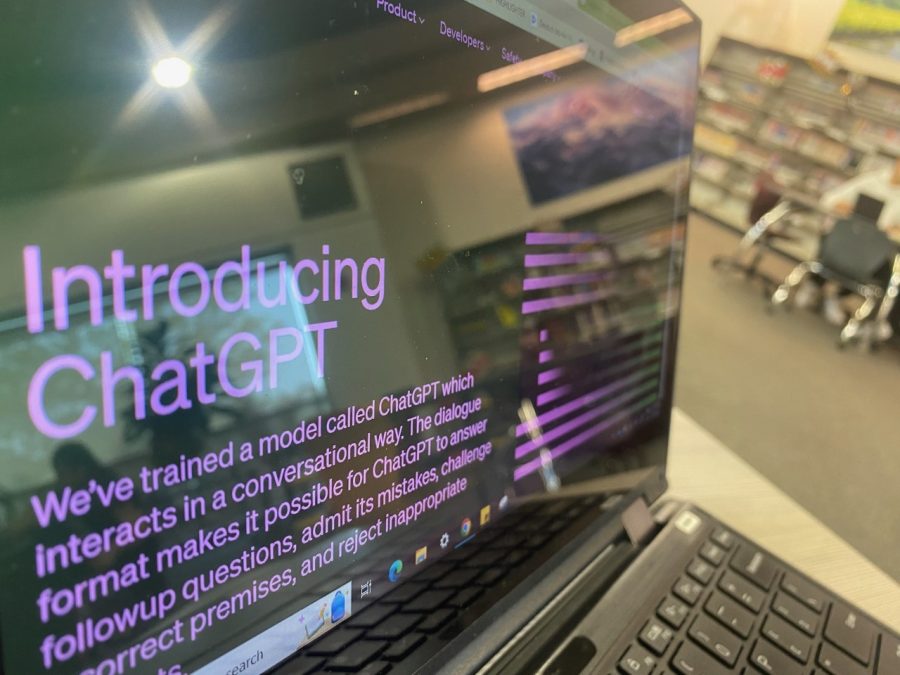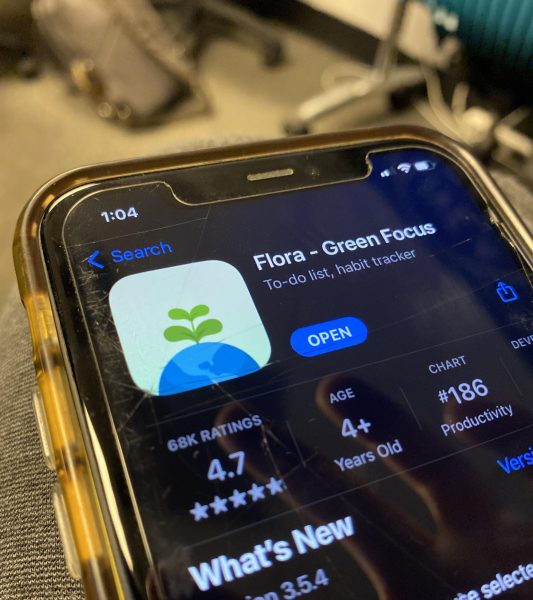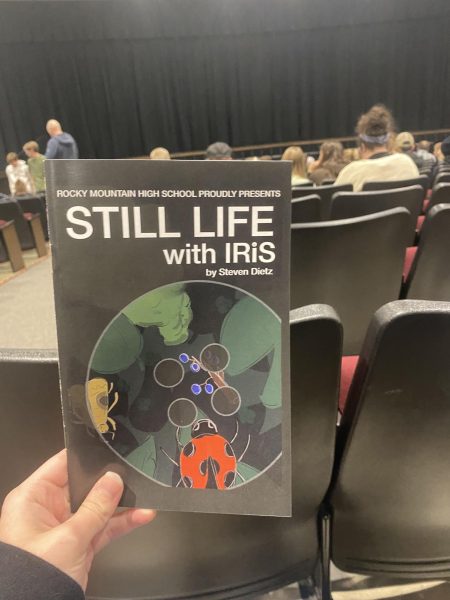Artificial Intelligence
ChatGPT is one of the most popular AI websites for language, conversation, and tasks.
Artificial Intelligence has been around for about 70-80 years, predating the invention of the smartphone. Recent interest has left people wondering what risk it poses to society.
The earliest Artificial Intelligence program was written in 1951, by the director of the Programming Research Group of Oxford, Christopher Stradley. He worked on the Ferranti Mark I computer in England. By the summer of 1952, the program could complete a game of checkers at a reasonable speed. Arthur Samuel created the first AI program to run in the United States, another checkers program. He enabled features that helped the AI learn from experience.
Artificial Intelligence is the technology that allows for machines and computers to mimic or copy human intelligence by learning from experience and recognizing patterns. AI can be described as a form of intelligence used to solve problems, answer questions, create solutions and suggestions, and even make predictions.
AI works by combining data with processing and intelligent algorithms. The software automatically learns patterns in the data. There are several technologies that can support AI. Graphical processing units provide the power that is needed for AI processing. Advanced algorithms support AI, too. These algorithms are being developed, changed, and combined to analyze more and more data, faster, and at multiple levels.
AI has been progressing significantly in auditory and visual content. Despite its many important and significant abilities, it lacks the insight and creativity of human artists. AI can’t replicate human perspectives or emotions in their generated art. The role of artists has always been important, and there is no hint of that changing due to artificial intelligence.
In 2022, Jason M. Allen won a blue ribbon award for digital art in the Colorado State Fair with an AI generation. This was the first AI-generated piece of art ever to win a prize. The backlash from artists accused him of cheating. Many call it a high-tech form of plagiarism.
“What makes this AI different is that it’s explicitly trained on current working artists,” RJ Palmer, a digital artist, stated. “This thing wants our jobs, it’s actively anti-artist.”
This has people asking what can AI do for society.
AI can speed up and automate processes that society needs to function. Examples of this would be increased efficiency and increased decision-making in a workplace environment. AI can identify and solve problems that humans may not be able to solve.
“Artificial intelligence (AI) is a wide-ranging tool that enables people to rethink how we integrate information, analyze data, and use the resulting insights to improve decision making—and already it is transforming every walk of life. In this report, Darrell West and John Allen discuss AI’s application across a variety of sectors, address issues in its development, and offer recommendations for getting the most out of AI while still protecting important human values.” Brookings Institutes stated.
“Whether we want to or not, AI is going to be incorporated. It’s already taking over medical stuff,” junior Talia Didonato said.
But there are downsides to the use of artificial intelligence.
“There are a myriad of risks to do with AI that we deal with in our lives today. Not every AI risk is as big and worrisome as killer robots or sentient AI. Some of the biggest risks today include things like consumer privacy, biased programming, danger to humans, and unclear legal regulation,” Tableau stated.
Some argue that because AI is initially programmed and created by humans that, like humans, AI is biased and discriminatory. Design flaws and imbalances or faulty data can lead to biased software. AI reproduces race, gender, and age bias that already exists in society.
Many are also concerned about the risk of job loss at the expense of artificial intelligence.
“AI could cost the world the equivalent of 300 million full-time jobs across major economies,” a report by Goldman Sachs stated.
“I think it’s negative because it will take jobs away,” junior Rian Thomas stated.
Today, AI is still being worked on and improved to help with shopping, artwork, social media algorithms, learning, and more. While AI can be a useful tool, if it isn’t regulated, it has the potential to be a major risk to society.
Your donation will support the student journalists of Rocky Mountain High School - CO. Your contribution will allow us to purchase equipment and cover our annual website hosting costs.

Finn is a sophomore student at Rocky. Outside of school, he enjoys painting, archery, and hanging out with his friends. After graduating, he plans to get...






